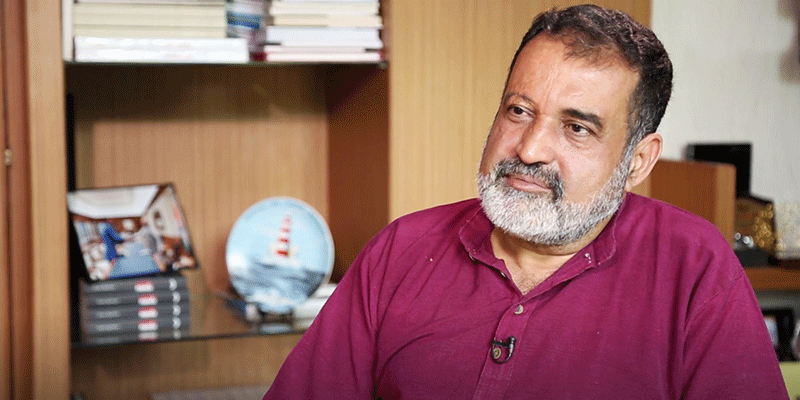Biggest issue for Indian startups is the lack of adequate capital: Mohandas Pai
China invested $835 billion in startups and ventures between 2014 and 2024, and US invested $2.32 trillion. India, on the other hand, just put in $160 billion, out of which possibly 80% came from overseas, Pai suggests.


Indian startups are being held back by a lack of adequate domestic investment due to restrictive regulations of the government, says Mohandas Pai, industry veteran and Aarin Capital Chairman. Pai had called for policy reforms, and research and development investments to strengthen the startup ecosystem.
Despite India being the world's third-largest startup hub, Pai cautioned, the country risks falling behind in global innovation unless these challenges are addressed. "We have 1,65,000 registered startups, 22,000 are funded. They created $600 billion in value. We got 121 unicorns, maybe 250-300 soonicorns...(Yet) the biggest issue for startups is the lack of adequate capital," he said during an interview with PTI.
Compared with other economies, Pai said China invested $835 billion in startups and ventures between 2014 and 2024, and the US invested $2.32 trillion. "We just put in $160 billion, out of which possibly 80% came from overseas. So local capital is not coming in," he added.
Unlike the US, where insurance companies and university endowments are major sources of startup funding, Indian endowments are prohibited from investing in startups by government policy, and insurance companies remain largely absent due to incomplete regulatory reforms. He advocated for regulatory changes to allow insurance companies to participate in fund-of-funds and called for greater flexibility in their investment structures. Pai also suggested expanding the government's fund-of-funds programme from Rs 10,000 crore to Rs 50,000 crore.
India's pension funds, with a corpus of Rs 40-45 lakh crore, are unable to invest in startups because of conservative approaches and restrictive regulations. He stressed the importance of substantially increasing R&D funding in Indian universities and encouraged organisations like DRDO to make their technologies accessible to the private sector.
The current R&D spending in public universities is significantly below international benchmarks and inadequate to drive meaningful innovation. He suggests that India should remove barriers for startups to sell business to the government and public sector units, "even though the government has reformed it, it doesn't work in actual practice. It must be opened up, and I think that has to be a mind shift."
"The problem in India is that all the big companies try to beat down the small startups and give them less money, and force them to sell the technologies and use them, and often don't pay them on time...This culture of hurting the small people should change," Pai ended.









































































































































































.jpg)




















